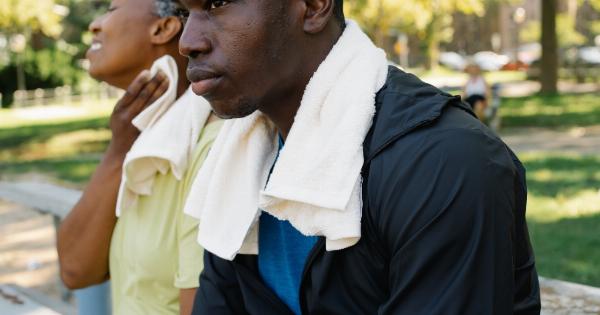Summertime is a season of fun and excitement, but it can also be a time of accidents and injuries. Knowing how to provide emergency care can help you to prevent further harm and potentially save a life.
Read on to learn the basics of emergency care for common summer mishaps.
Sunburn
Sunburn is a common issue during the summer months. Mild sunburn can be treated at home with a cold compress, aloe vera, and over-the-counter pain relievers. However, severe sunburn can cause blisters and may require medical attention.
If a person experiences severe sunburn, they may require IV fluids and prescription pain medication.
Heat Exhaustion
Heat exhaustion is a serious medical condition that can occur when a person is exposed to high temperatures and has been sweating for an extended period. Symptoms include dizziness, fatigue, headache, nausea, and vomiting.
If someone is experiencing heat exhaustion, move them to a cool, shady area and provide them with cool water. If symptoms persist, seek medical attention immediately.
Dehydration
Dehydration is a common issue in the summer months, especially if you participate in outdoor activities or sports. Mild dehydration can be treated with oral rehydration solutions, sports drinks, and electrolyte solutions.
More severe dehydration may require intravenous fluids and medical attention. Signs of severe dehydration include decreased urine output, dizziness, confusion, and fainting.
Food Poisoning
Food poisoning can occur if you consume food that has been contaminated with bacteria, viruses, or parasites. Symptoms of food poisoning include nausea, vomiting, diarrhea, fever, and abdominal pain.
If you suspect food poisoning, stay hydrated and seek medical attention if symptoms persist for more than 24 hours. In severe cases, hospitalization may be necessary.
Bee Stings
Bee stings are a common summer mishap. Most bee stings can be treated at home with cold compresses, pain relievers, and antihistamines. If someone experiences an allergic reaction to a bee sting, they may require emergency medical attention.
Signs of an allergic reaction include difficulty breathing, hives, and swelling of the face, lips, or tongue.
Snakebites
Snakebites can be deadly, and you should seek medical attention immediately if you are bitten by a snake. Keep the bite area below the level of your heart and keep the person still.
Do not attempt to suck out the venom or apply a tourniquet, as these methods can be dangerous and do not help in most cases.
Near-Drowning
Near-drowning is a serious medical condition that can occur if a person is submerged in water for an extended period. If someone experiences a near-drowning, remove them from the water and provide CPR if necessary.
Seek medical attention immediately, even if the person seems fine, as near-drowning can cause delayed symptoms.
Jellyfish Stings
Jellyfish stings are a common summer mishap, especially if you are swimming in the ocean. Most jellyfish stings can be treated at home with vinegar, meat tenderizer, or baking soda. Avoid using freshwater, as this can exacerbate the sting.
If someone experiences a severe allergic reaction to a jellyfish sting, they may require emergency medical attention.
Broken Bones
Broken bones can occur during outdoor activities or sports. If someone experiences a suspected broken bone, immobilize the affected area and seek medical attention immediately.
Do not attempt to move the person or realign the broken bone, as this can cause further injury.
Conclusion
Knowing how to provide emergency care for common summer mishaps can help you to prevent further harm and potentially save a life. Remember that in serious cases, seeking medical attention is crucial. Stay safe and have fun this summer!.




























